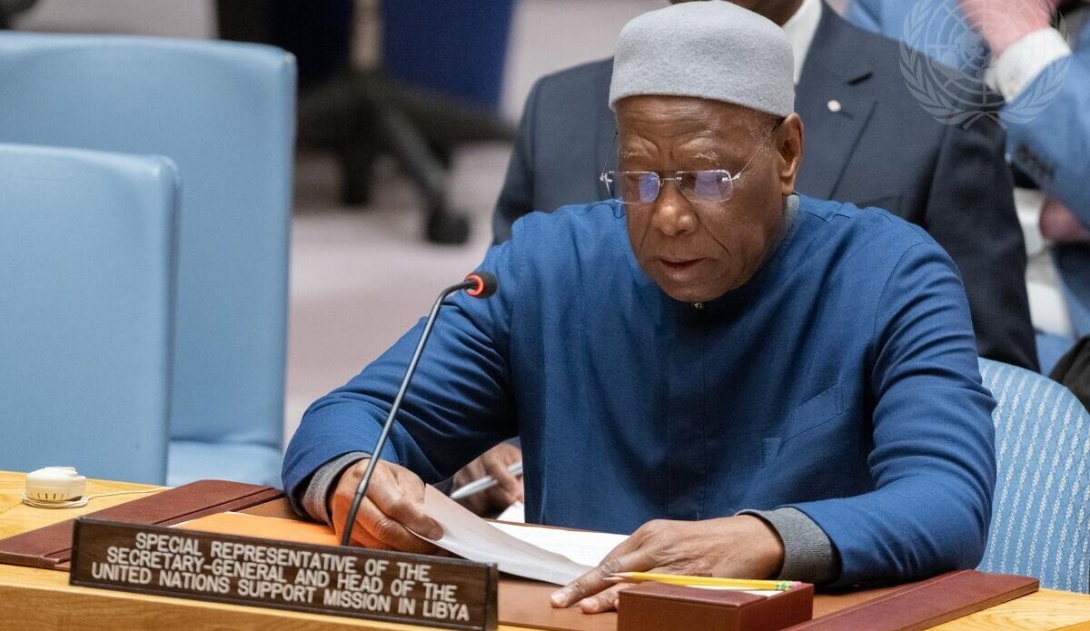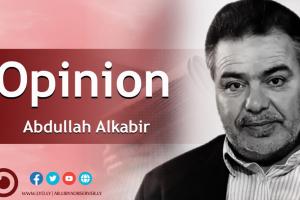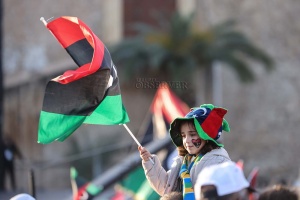By Abdullah Alkabir, a Libyan political writer and commentator
Episode one of the end of HoR and HCS

Closing the curtain on maneuvers of Aqila Saleh, Speaker of House of Representatives (HoR) and Khaled Al-Mishri, Head of the High Council of State (HCS), the UN Special Envoy to Libya, Abdoulaye Bathily has announced his intention to form a high-level committee as the legal basis for the upcoming elections. That is together with a road map with specific and binding dates for steps of the electoral process.
The deadline made by Bathily to both HoR and HCS ended with his briefing to the UN Security Council, after failing to reach any consensus, as expected given their stark differences over candidacy conditions for presidential elections, besides their desire to continue in the political scene to the maximum extent possible.
Even the constitutional amendment presented by Aqila Saleh on behalf of HoR, which HCS has yet to vote on, has neither convinced Bathily nor countries supporting the elections.
Bathily pointed out in his briefing that the constitutional amendment is controversial among political circles because it does not address candidacy criteria for the presidential elections and does not set a timetable to conduct elections. These are sufficient reasons to transcend the two houses, and not to waste more time on waiting that will lead to nowhere.
The committee, Bathily intends to form will bring together 30 to 40 figures from stakeholders, institutions, tribal leaders, women and youth. It will bring together a wide political and social spectrum, and the number is likely to pass the 40 figures, to involve the maximum number possible of those with vested interest in the elections, such as political parties.
However, Bathily did not disclose any details about the mechanisms and standards that he will adopt in the selection process, which in any case, will be subject to controversy and criticism, as not everyone can be satisfied.
Bathily Initiative was widely welcomed by most UN Security Council members, except as expected, a Russian reservation. Internally, it was welcomed by political parties, but criticized by HoR’s presidency and its affiliated government. HCS did not comment and its president called for a session on Thursday in an attempt to approve the 3rd constitutional amendment. Among the popular circles, the initiative was met with relief because it transcends the two houses, however with cautious optimism, as whether the plan could lead to a solution, ending the state of the political impasse.
The path to implementing the initiative and formation of the high committee for elections will not be paved with flowers, as the international consensus is still missing, even with the agreement that the way to the solution is through elections. The French representative spoke of the formation of a unified government before going to elections, while the USA and Britain welcomed the initiative, and both want to go directly to elections.
Russia knows that its presence in Libya is the main target of this American-British move, and therefore, its representative warned against rushing things, promising to study Bathily's initiative seriously. While Egypt is still committed to the constitutional path that it sponsored and content with HoR and HCS leading the political process, however, its influence will be weak in the face of the international and local desire to conduct elections.
As all international and regional parties have local proxies, whom are keen to continue in the political scene. The progress in implementing the initiative to achieve its goals, requires continued support of international actors to the UN envoy, and the situation may require using serious threats of applying international sanctions against obstructers.
HoR and HCS will not be completely excluded from the political process, but their representation in the new committee will not enable them its control. The constitutional amendment will be among the foundations upon which the constitutional bases will be built, that is based on consensus among members of the committee, and finalizing election law and conditions for candidacy for the presidential elections, with preparedness to only conduct legislative elections, if dispute over presidential elections persisted. Nevertheless, the mere presentation of the initiative itself, wrote the first chapter of their end, and with their disappearance, the country will embrace a new political stage.
Disclaimer: The views and opinions expressed in this article are those of the writer, and do not necessarily reflect those of the Libya Observer



